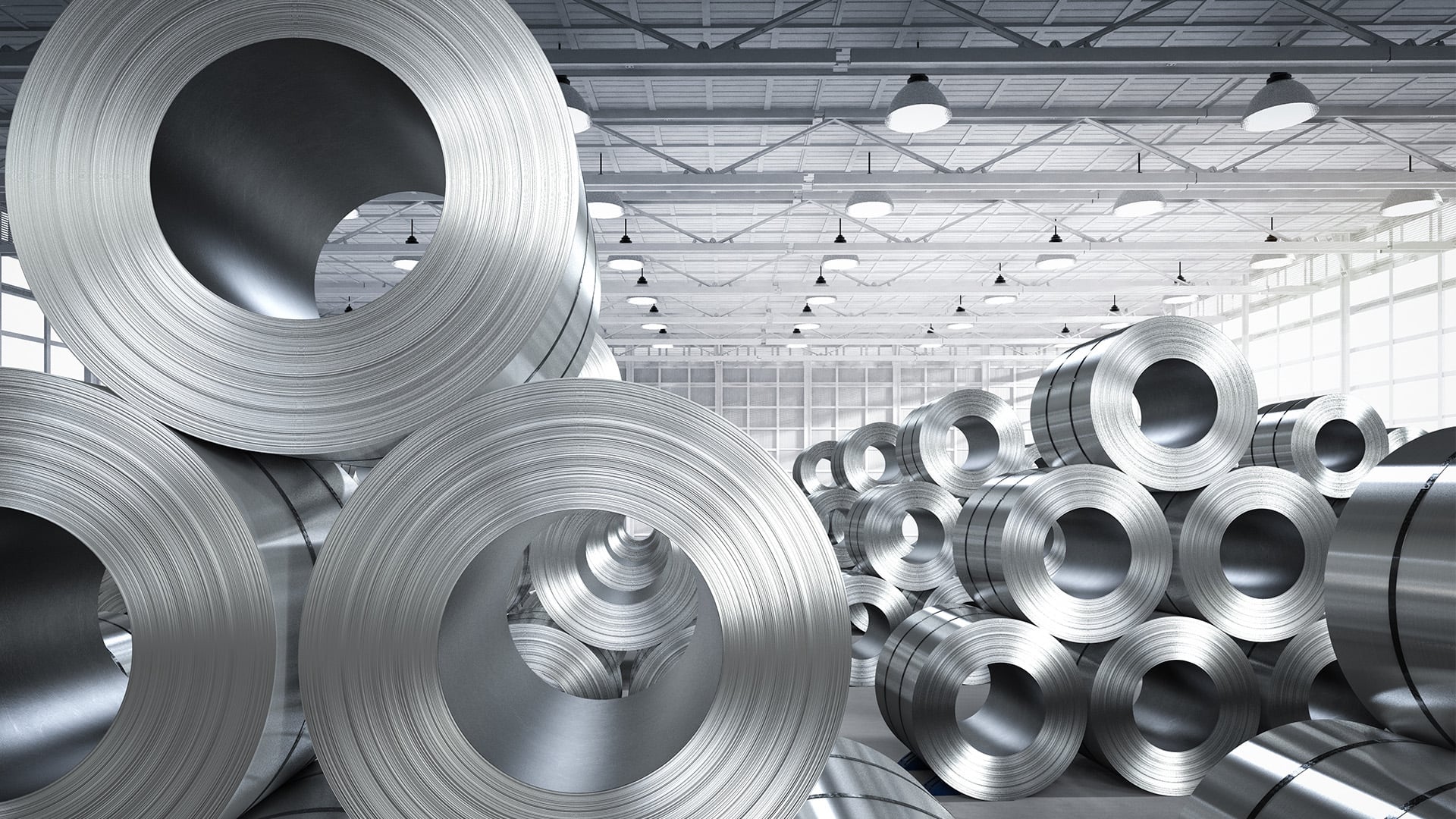Why is stainless steel formed?

Stainless steel is composed of several key elements, the most important of which are as follows:

Stainless steel is composed of several key elements, the most important of which are as follows:
1. Iron (Fe): Stainless steel is primarily composed of iron. Iron contributes to the durability of steel materials.
2. Chromium (Cr): Chromium is one of the most important elements that enhances the resistance of stainless steel to corrosion. Chromium forms an oxide layer on the steel's surface, preventing it from rusting.
3. Nickel (Ni): Nickel is another essential element that increases the corrosion resistance of stainless steels. Nickel also strengthens the steel's mechanical properties.
4. Carbon (C): Carbon is an element that affects the hardness and durability of steel. However, stainless steels contain a low amount of carbon.
5. Manganese (Mn): Manganese is used to improve the machinability of steel.
6. Other Elements: Stainless steels may sometimes contain small amounts of other elements. These elements are added to improve the steel's properties or optimize it for specific applications. Different grades and types of stainless steel are created by using varying amounts of these basic elements and by adding different alloying elements. As a result, the properties and applications of stainless steels can vary